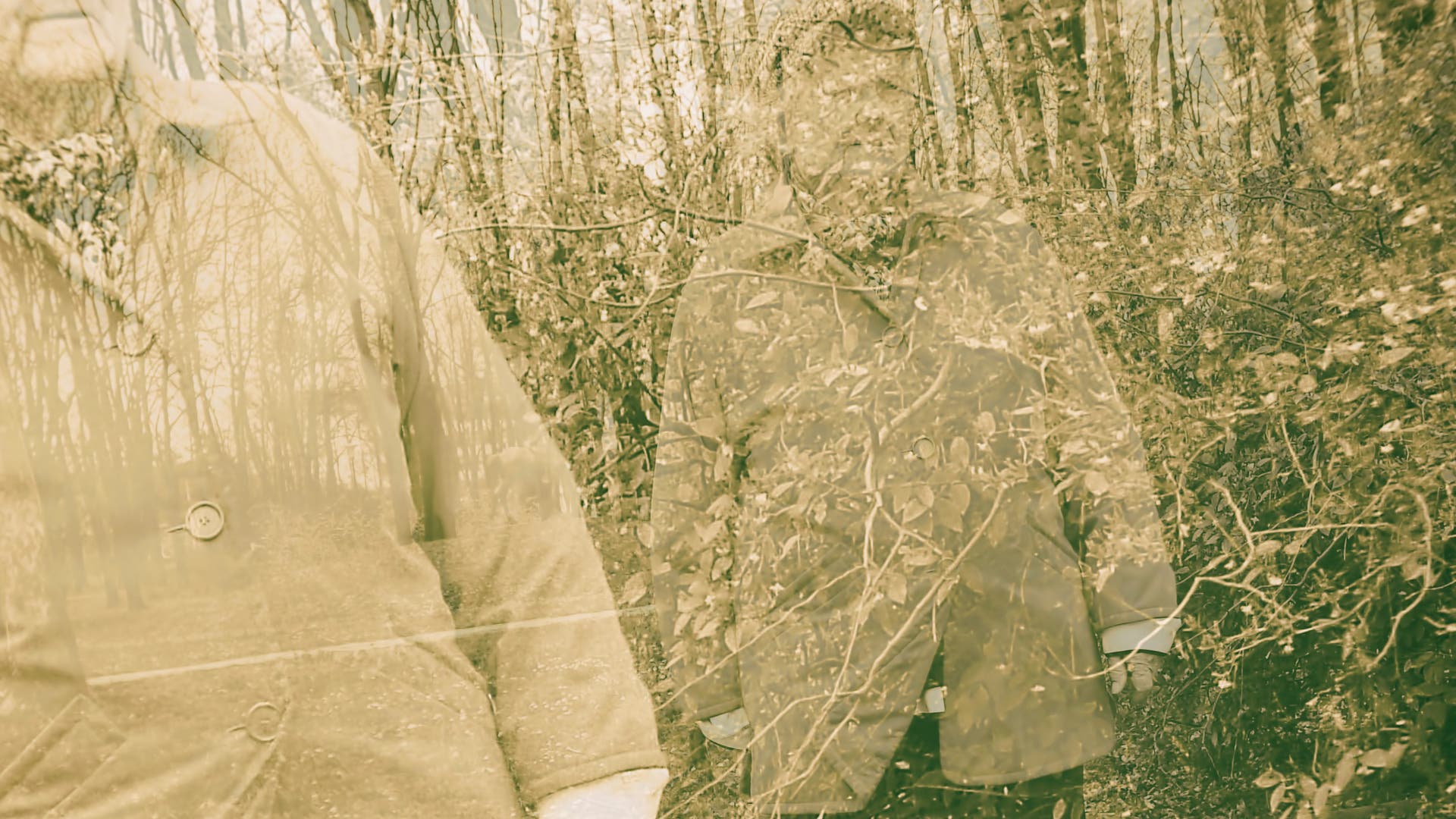핵심 개념
Déjà-vus are common experiences with various explanations, including scientific models and neurological factors. The origin of these episodes remains a subject of ongoing research.
초록
Déjà-vu is a mysterious phenomenon that many people have encountered, often feeling like they have lived through a moment before. Studies show that these experiences are more common in younger, well-educated individuals and can be triggered by visual or auditory stimuli, stress, and fatigue. While some attribute Déjà-vus to dreams or past lives, scientific theories also offer insights into their origins.
Déjà-vu: Das ist doch schon einmal passiert!
통계
More than 80 surveys conducted over 135 years found that around two-thirds of participants reported experiencing Déjà-vu at least once in their lifetime.
Déjà-vus tend to occur more frequently in younger individuals than older ones.
Repeated episodes of Déjà-vu are common, often happening every one to six months.
People who travel frequently are more likely to experience Déjà-vu compared to those who stay in familiar surroundings.
Visual and auditory cues can trigger Déjà-vu episodes.
Stress and fatigue can increase the likelihood of experiencing Déjà-vu.
인용구
"Everything about the situation feels familiar, as if this exact moment has already happened."
"Some believe their Déjà-vus stem from dreams where they foresaw future events."
"In spiritual circles, the idea that one knows the current situation from a previous life is widespread."
핵심 통찰 요약
by Der Promovie... 게시일 www.spektrum.de 03-04-2024
https://www.spektrum.de/magazin/deja-vu-schon-einmal-gesehen/2104179
더 깊은 질문
What impact do cultural beliefs have on how individuals interpret their Déjà-vu experiences
Cultural beliefs play a significant role in shaping how individuals interpret their Déjà-vu experiences. In cultures where spirituality and reincarnation are prominent, people may attribute their Déjà-vus to past lives or premonitions from dreams. This can lead to a belief that the familiar feeling is a connection to a higher realm or spiritual dimension. On the other hand, in more scientifically oriented cultures, Déjà-vus may be seen as glitches in the brain's processing of memories or perceptions. The cultural lens through which an individual views these experiences can influence whether they seek esoteric explanations or scientific reasoning for their occurrences.
Could there be a psychological explanation for why certain demographics are more prone to experiencing Déjà-vu
There could indeed be psychological explanations for why certain demographics are more prone to experiencing Déjà-vu. Factors such as stress and fatigue, which are known triggers for Déjà-vus, may affect different demographic groups disproportionately based on lifestyle factors or societal pressures. Additionally, cognitive processes related to memory retrieval and pattern recognition could vary among demographics due to differences in education levels or exposure to diverse stimuli. For example, highly educated individuals might have more intricate neural networks that contribute to heightened déjà vu experiences compared to those with less formal education.
How does understanding the neurological basis of Déjà-vu contribute to our comprehension of memory and perception
Understanding the neurological basis of Deja vu contributes significantly to our comprehension of memory and perception by shedding light on how our brains process information and create subjective experiences. Studies suggesting involvement of areas like the temporal lobe highlight the complex interplay between memory encoding and retrieval mechanisms during Deja vu episodes.
Moreover, exploring neurological underpinnings helps unravel mysteries surrounding false memories and illusions that shape human cognition.
By delving into these neural mechanisms associated with Deja vu phenomena we gain insights into broader cognitive functions including attentional processes pattern recognition decision-making all crucial aspects contributing towards our overall understanding of memory formation perception interpretation within neuroscience research frameworks
0
